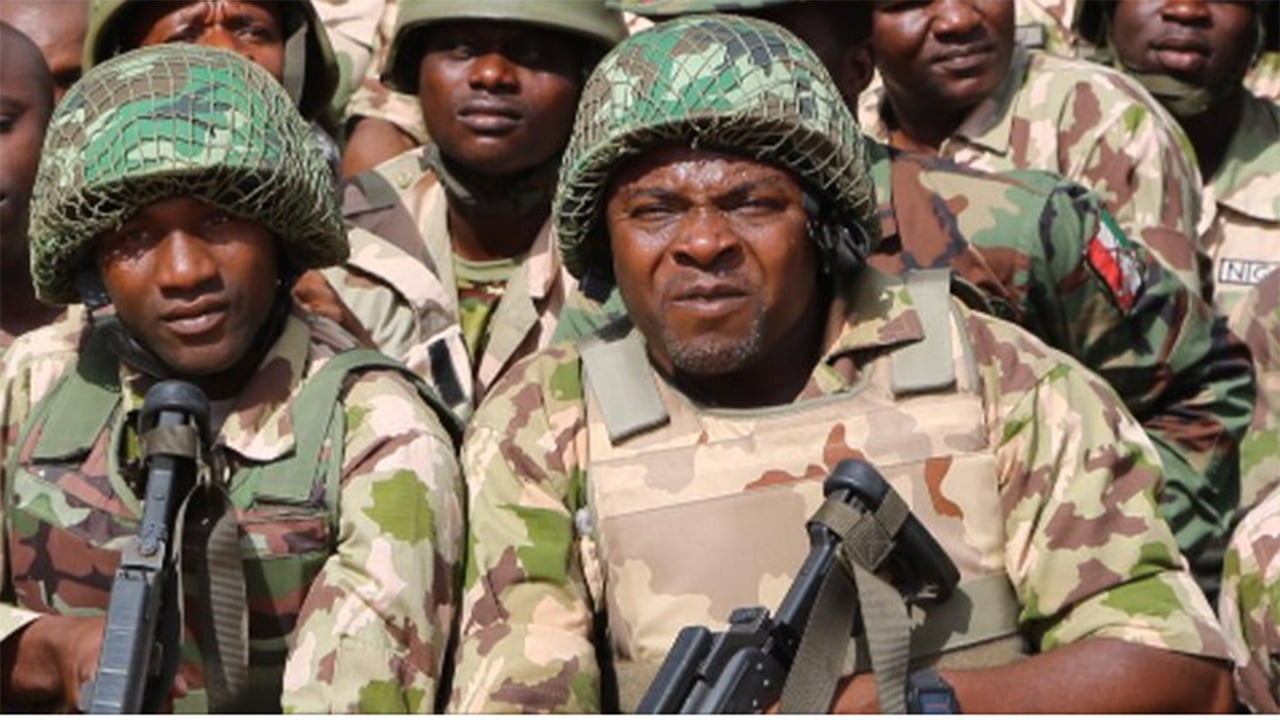Former Chief of Army Staff, Lt. Gen. Tukur Buratai (rtd), has identified a weak justice system, ignorance and poor leadership, among others, as factors responsible for insecurity and other social challenges in Nigeria.
Buratai, who is Nigeria’s Ambassador to the Republic of Benin, said this at the groundbreaking and fundraiser for Tukur Buratai Research Centre (TBRC) at Gora in Nasarawa State, NAN reports.
He said the Centre would collaborate with the Nasarawa State University, Keffi, in the fields of strategic studies, leadership for development and peace and conflict studies.
According to him: “One may want to know why a retired general cum diplomat will decide to collaborate with a university to set up a think-tank like TBRC.
“Since this is a straight question, I’ll respond with an answer that’s precise and straight to the point.
“My simple philosophy about life is to continue to live a life of value by improving on the system that we’ve.
“As someone from the military, I reckoned the best way for me and my associates to add value to our society and make our country better and stronger is through a think-tank like TBRC.’’
Buratai explained that Nigeria has potential for greatness, but there were insufficient capabilities to transfer those potentials into socio-economic benefits for the people.
He said inadequate research and development implementation in Nigeria create a massive void in the country’s progress.
Buratai said, “When properly focused research and training institutes are established, innovation and development become a natural progressive activity that benefits the nation’s life.
“In other words, Nigeria gains the ability to develop positively as a result of enhanced study and training.
“Corruption, insecurity due to terrorism and banditry, inadequate infrastructure, issues in governance and an inept educational system are all systemic flaws.
“With every amount of commitment made to research and training, as well as a strong national orientation, one may be confident that we, as a people and a nation, are on the right track.
“I would like to utilize this TBRC platform to emphasize that now is the moment for us to turn within and devise home-grown solutions to our unique difficulties.”
Burutai said that TBRC was his way of contributing to national development and giving back to society through a well-thought-out approach that would have a long-lasting impact on the country.




